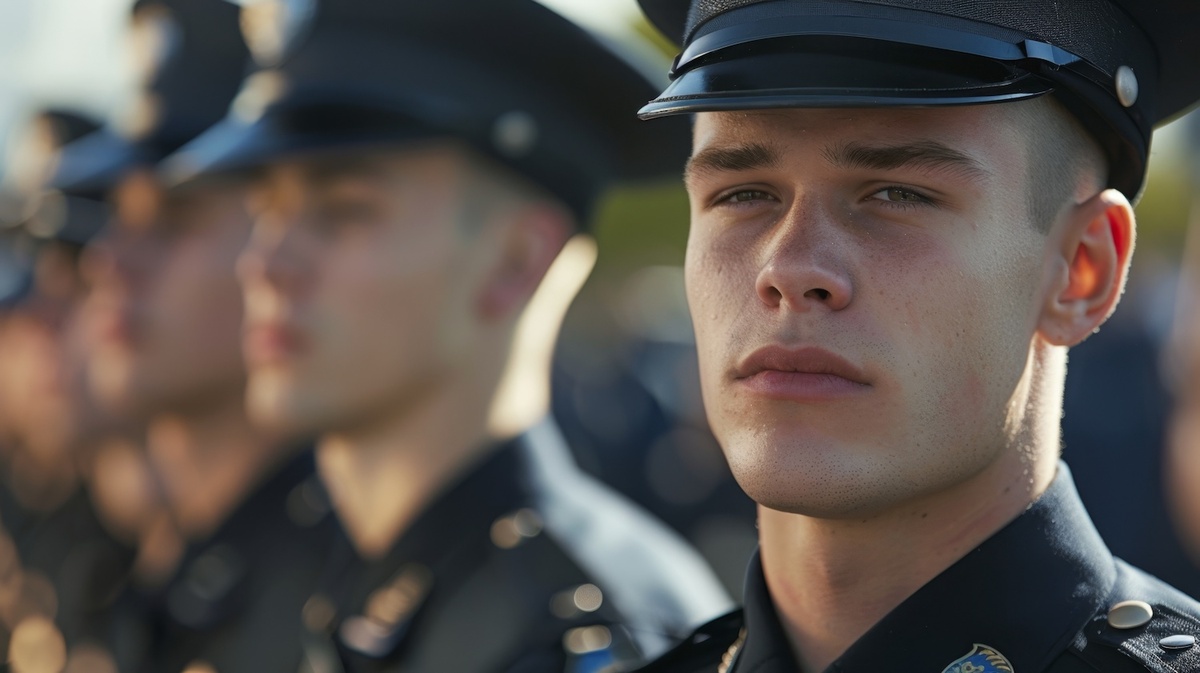Look in the Mirror - Then Fix What You See
Look in the Mirror - Then Fix What You See

“Look in the mirror.
That’s where culture starts.
That’s where professionalism starts.
That’s where policing gets better.”
Before I go any further, let me say this clearly:
Some of you are working for bad supervisors, inconsistent leaders, and command staff who don’t support you the way they should. This article doesn’t excuse weak leadership - it calls every one of us, in every rank, to take ownership of the part we play in how a shift feels when we walk in the door.
Even when leadership above you fails, your standards don’t have to.
I’ve spent nearly three decades in policing. I’ve watched seasons where accountability thrived and seasons where it quietly eroded. Lately, I’ve noticed more officers shifting their personal responsibility onto “the agency” or “the system.”
Everyone wants to discuss culture, morale, leadership, and what the chief or administrator is doing.
Too few people want to discuss the role they play in the culture they encounter every day.
Some officers blame the organization for problems they’re actively contributing to.
Some have slipped into entitlement; the badge was never meant to give them.
Some wouldn’t last one week in private industry — and deep down, they know it.
Here are seven non-negotiables every officer needs to own, starting today:
1. Accountability Isn’t Optional
Administrators can provide direction, resources, training, clarity, and support; yet still encounter individuals who refuse to take ownership of their own efforts.
That isn’t a culture problem; it’s a you problem.
Accountability isn’t something you wait for.
It’s something you bring.
2. Get Back to Being a Cop
Let’s be honest: some officers have slipped into neutral.
-
reactive instead of proactive
-
excuses instead of initiative
-
comfort over courage
-
victim mentality instead of responsibility
You didn’t take an oath to coast through your shift, you took an oath to move toward problems.
Start acting like it.
3. Remember Your Why
Everyone had a reason: service, purpose, impact, calling.
If you’ve lost your why, find it.
No chief can relight a flame you’ve chosen to let go out.
4. Control the Things Only You Control
Your:
-
effort
-
attitude
-
preparation
-
tone
-
standards
These are daily choices.
You can’t control staffing, call volume, or public perception. But you absolutely control the version of yourself that steps out of that cruiser.
5. Your Attitude Shapes the Culture
Too many officers blame “the agency’s culture” while spreading negativity as if it were part of their job description.
Culture isn’t handed down from the chief’s office.
The habits, standards, and energy of every person in the building create culture.
If your attitude is toxic, passive, or disengaged, you’re contributing to the very culture you’re complaining about.
6. Show Up With Your Best Game Face
Your shift deserves your best:
not your drama,
not your mood,
not your excuses.
If you want better outcomes, show up better.
7. The Private Sector Would Never Tolerate Some of What We See
Policing may be unique, but professionalism isn’t.
Amazon fires warehouse workers for 60 seconds of idle time.
Meanwhile, some agencies have officers who haven’t written a citation in 60 days.
Your paycheck comes from taxpayers who expect (and deserve) excellence.
Act like it.
Bottom Line
Policing gets better when individuals take ownership of their badge, their behavior, and their impact.
Here’s the directive for every rank:
Officers: Own your shift.
Sergeants: Enforce the standard.
Commanders: Back the ones who do, and move the ones who won’t.
No more meetings.
No more memos.
Just execution.
Look in the mirror.
Then fix what you see.

